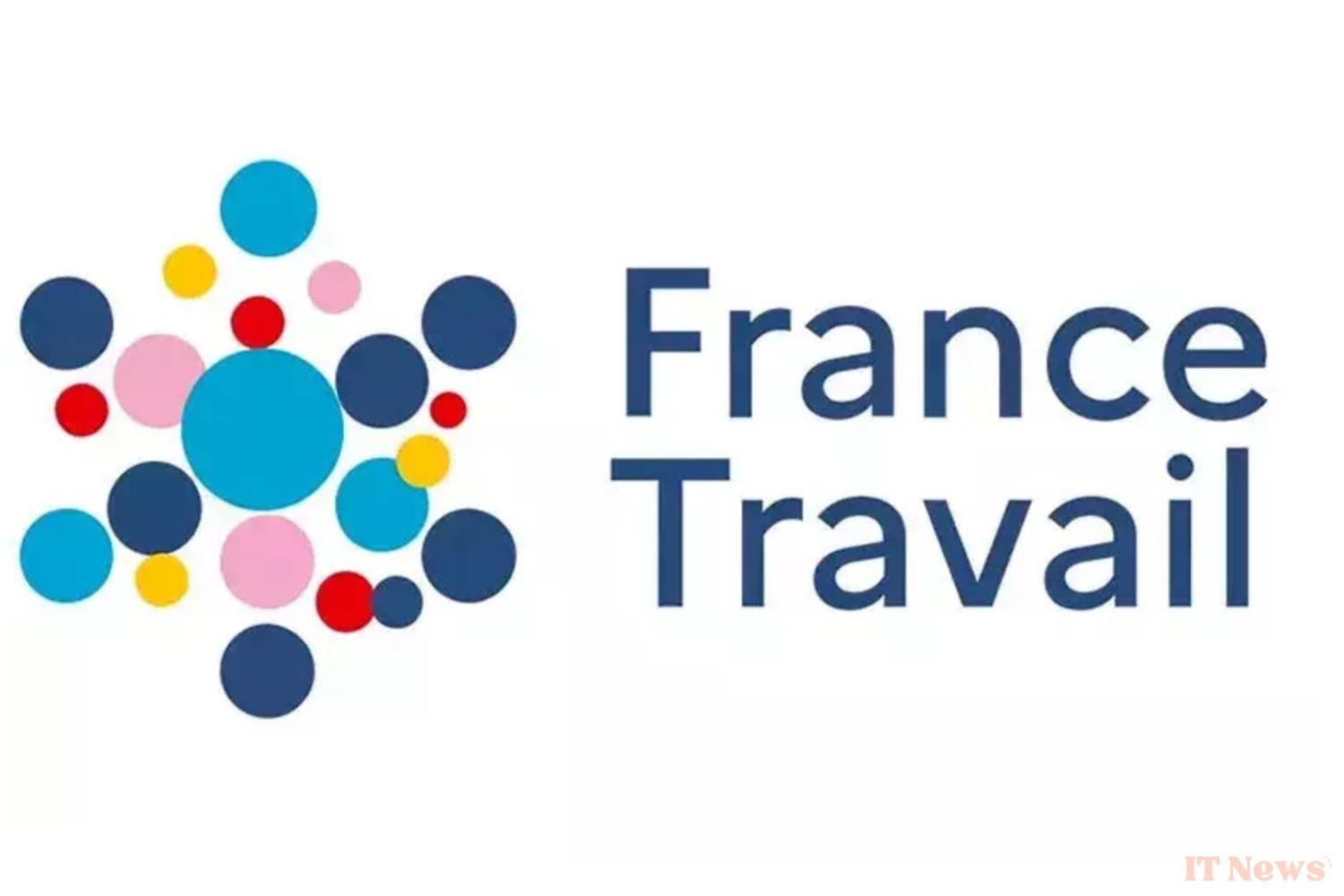After the algorithms that "support" job seekers, algorithms that "control" the beneficiaries of France Travail (formerly Pôle emploi)? La Quadrature du Net, a digital rights association, accuses the administration in charge of supporting job seekers of having deployed "" UI Symbol', 'Noto Color Emoji';">robots aimed at automating and mass-monitoring people registered with France Travail».
In a post on its website this Thursday, May 22, the organization believes this is another step up in what is described as " a dangerous algorithmic project for managing unemployed people». Last year, the association had already targeted France Travail and the CAF for their use of "automated tools that dehumanize the work of advisors" or "rating their beneficiaries."
"Social control via digital tools" denounced
According to this organization, people registered with France Travail or the RSA since January 1st are subject to algorithmic profiling, with the latter being classified according to different "degrees of suspicion." However, "the massification of controls, through their automation, poses a real risk of large-scale social repression." This constitutes "an endless extension of social control via digital tools by social protection institutions," the association laments on its LinkedIn account. The government's goal would also be to achieve "1.5 million checks […] by 2027," reports La Quadrature, citing a March 2024 statement by Gabriel Attal. The then Prime Minister announced that by the end of the five-year term, there would be three times more checks on job seekers than in 2023.
And the so-called "Full Employment" law of December 2023, which came into force on January 1, would have allowed for the intensification of current checks. This legislation, known for imposing 15 hours of weekly activity on job seekers, would have extended the power to check and sanction people on RSA, according to La Quadrature du Net.
In its article, the organization denounces the deployment of "robots" to assist those responsible for checking job seekers. These algorithmic solutions would allow for the analysis of the files of beneficiaries of this administration. With these tools, France Travail inspectors would be expected to save time and increase productivity – which would in fact amount to an increase in the number of checks carried out, the association emphasizes.
Job seekers classified into three levels
While France Travail has not confirmed its use of these robots, nor has it wished to explain how they work, these algorithmic solutions would classify the selected individuals according to "various degrees of suspicion," based on each job seeker's personal data, the association explains. Three levels would be planned: "closure" (no suspicion), "potential closure" (medium suspicion), or "potential control" (high suspicion).
The NGO, which deplores the lack of transparency of the former Pôle emploi regarding the algorithms that would be used, based its findings on an internal document communicated to France Travail's control teams a few months ago. The text lists several "indications" for classifying the failings of the job seekers being controlled, these elements having been rated according to their level of importance. The list includes, the organization emphasizes:
- "the absence of recent periods of work or training,
- the absence of mobilization of the digital tools made available by France Travail (offers, CVs or online business cards),
- the absence of contact with one's advisor;
- the results of the latest job search checks,
- the absence of applications sent via the France Travail website or
- the failure to comply with the 15 "hours of activity" provided for by the Full Employment law."
Contacted this Thursday, May 22, by 01net.com, France Travail had not responded to our request for comment at the time of publication of this article.
Source: Article from La Quadrature du Net dated May 22, 2025



0 Comments